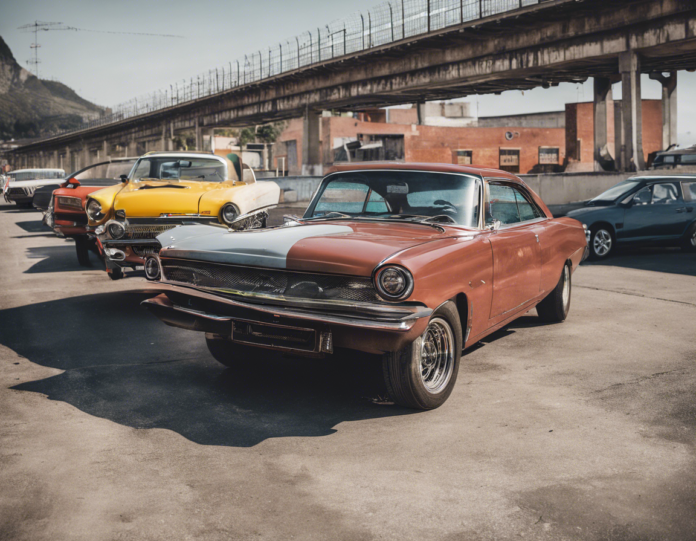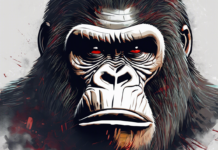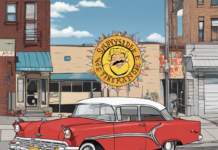Revolutionary leader Che Guevara and the popular video game series Gran Turismo may seem like an unlikely pair for comparison. One, a historical figure known for his role in the Cuban Revolution, and the other, a virtual racing simulator enjoyed by millions around the world. However, when we delve deeper into their impact on culture, their parallels and divergences offer a fascinating opportunity for analysis.
Che Guevara: The Revolutionary Icon
Che Guevara, born in Argentina in 1928, became a key figure in the Cuban Revolution alongside Fidel Castro. He was not only a military strategist but also a symbol of revolution, anti-imperialism, and leftist ideals. Guevara’s iconic image, often depicted in a red beret with his signature beard, has become one of the most recognizable symbols of rebellion and counterculture.
Gran Turismo: Racing to Success
On the other hand, Gran Turismo is a video game series developed by Polyphony Digital. First released in 1997 for the PlayStation console, Gran Turismo revolutionized the racing genre with its realistic graphics, physics engine, and attention to detail. With each new installment, the franchise has garnered critical acclaim and a dedicated fan base of racing enthusiasts.
Cultural Impact
Both Che Guevara and Gran Turismo have had a significant impact on popular culture, albeit in different ways. Guevara’s image has been widely commercialized, appearing on everything from t-shirts to posters, often stripped of its original revolutionary context. In contrast, Gran Turismo has influenced not only video game design but also the automotive industry, with car manufacturers seeking to have their vehicles featured in the game for exposure to a global audience.
Themes of Rebellion and Freedom
At the core of both Che Guevara’s legacy and Gran Turismo is the theme of rebellion and freedom. Guevara fought against oppressive regimes and imperialism, advocating for a more just and equal society. Similarly, Gran Turismo allows players to escape into a world of speed and competition, where they can test their skills on virtual racetracks and pursue their passion for cars.
Global Reach and Enduring Legacy
While Che Guevara’s impact is rooted in his actions during the Cuban Revolution and his advocacy for socialist ideals, Gran Turismo’s reach is more global, transcending borders and languages. The game has been localized for various regions, allowing players from around the world to experience the thrill of virtual racing. Both Guevara and Gran Turismo have left an enduring legacy that continues to resonate with people today.
FAQs
1. How did Che Guevara become a symbol of revolution?
Che Guevara’s role in the Cuban Revolution, his anti-imperialist beliefs, and his advocacy for socialist ideals contributed to his image as a symbol of revolution and rebellion.
2. What sets Gran Turismo apart from other racing games?
Gran Turismo is known for its realistic graphics, physics engine, and attention to detail when it comes to car models and tracks, setting it apart from other racing games.
3. Has Che Guevara’s image been commercialized over the years?
Yes, Che Guevara’s image has been widely commercialized, often divorced from its original revolutionary context and used for profit.
4. How has Gran Turismo influenced the automotive industry?
Gran Turismo has influenced the automotive industry by showcasing various car models in the game, leading to increased exposure and interest from players and car enthusiasts.
5. What values do Che Guevara and Gran Turismo share?
Both Che Guevara and Gran Turismo embody themes of rebellion, freedom, and pursuit of passion, albeit in different contexts – one in the realm of politics and the other in virtual racing.








